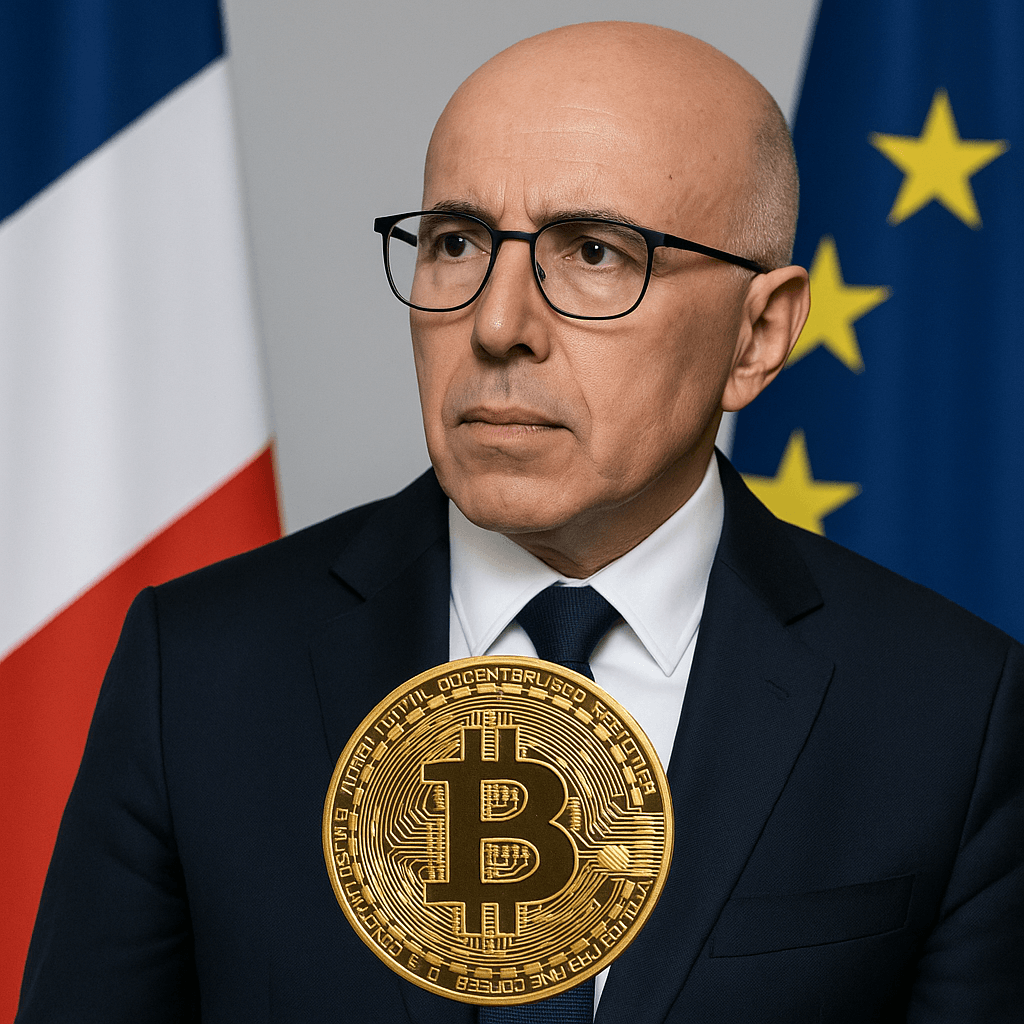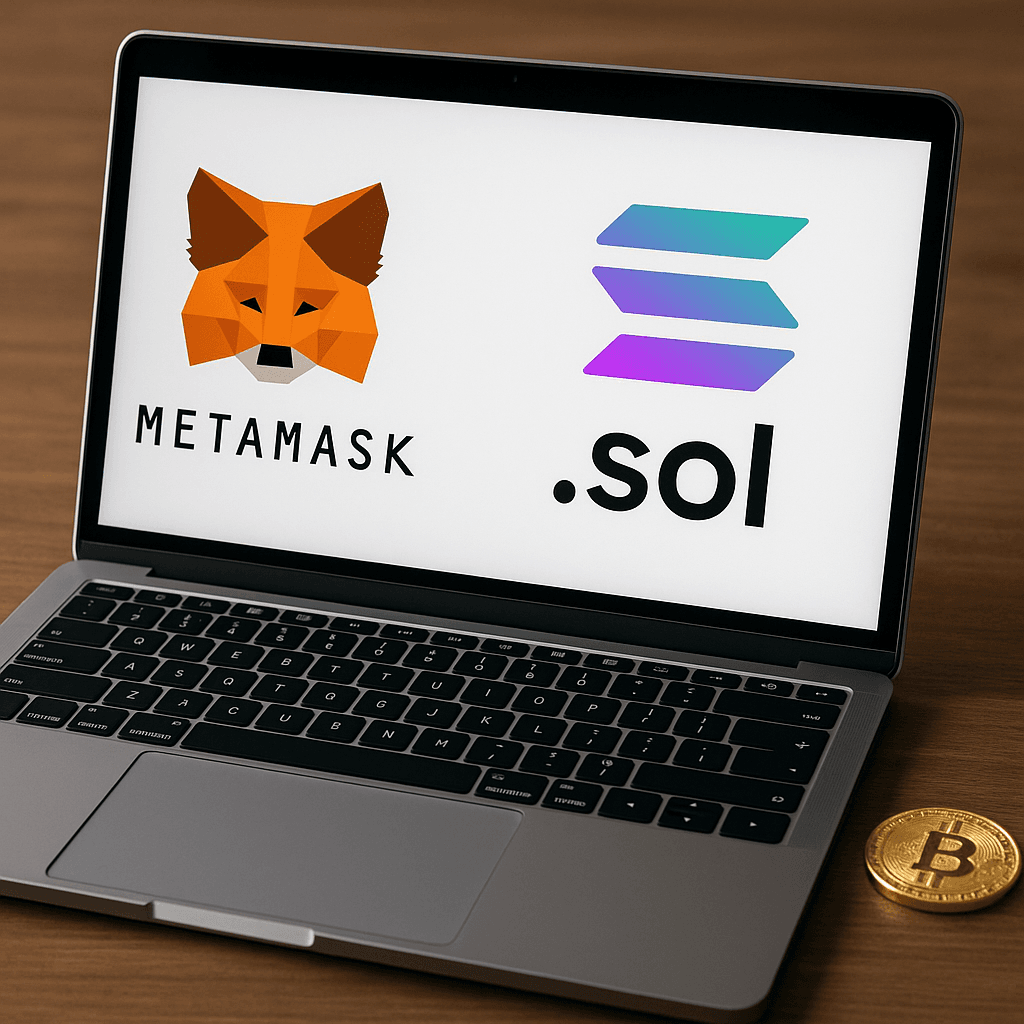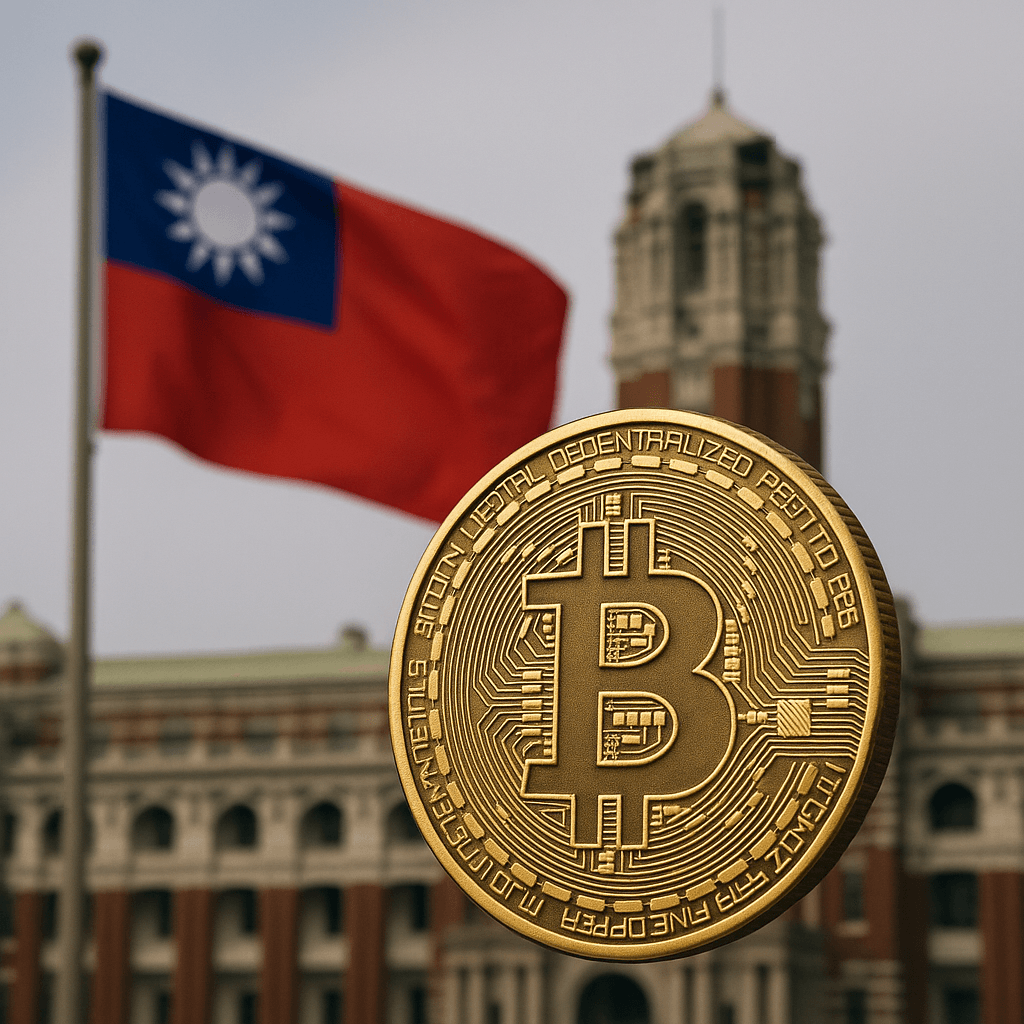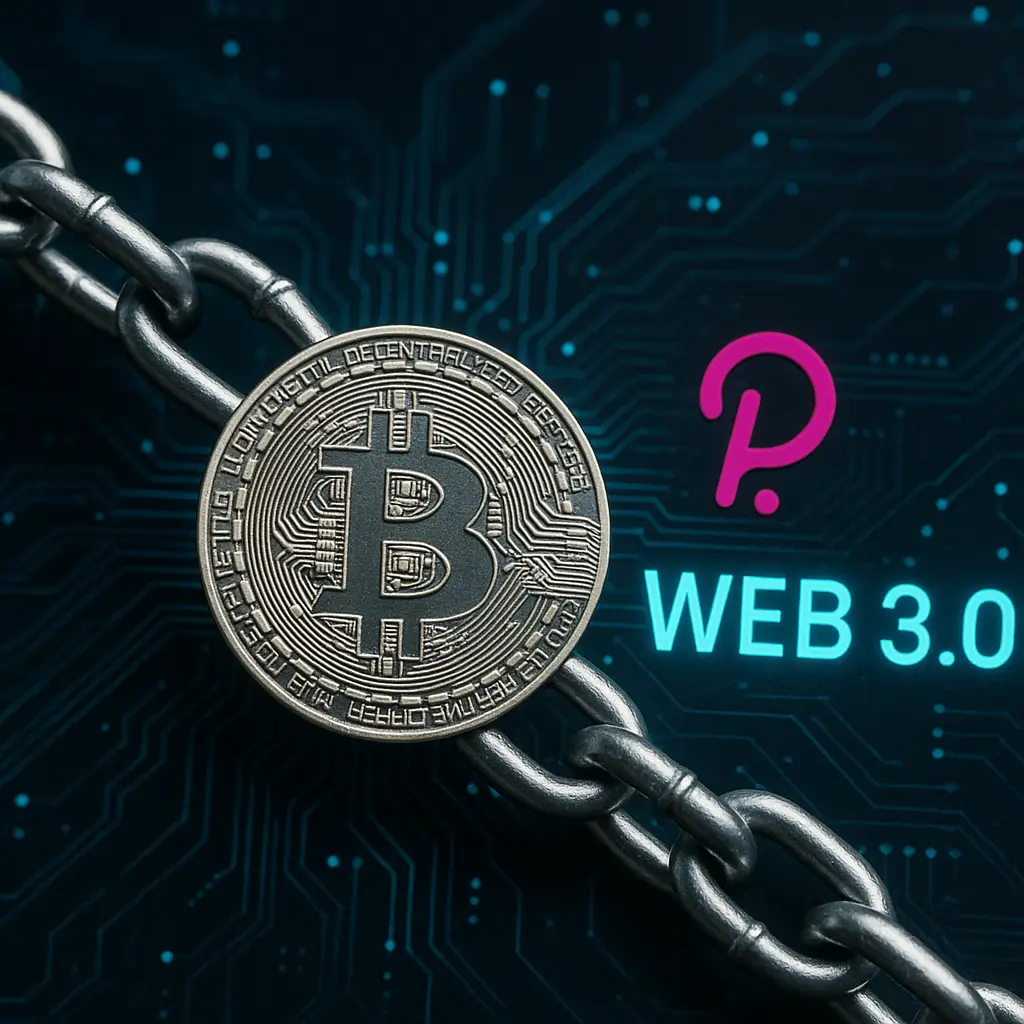France finds itself at the center of a heated debate over digital sovereignty as prominent politician Éric Ciotti publicly opposes the potential American acquisition of Exaion, a French Bitcoin mining company. The controversy highlights growing tensions between economic nationalism and the global cryptocurrency industry, raising critical questions about Europe’s role in the digital asset landscape.
Defending French Bitcoin Mining Infrastructure
Éric Ciotti, a key figure in French conservative politics, has taken a strong stance against allowing U.S. interests to acquire Exaion, one of France’s leading Bitcoin mining operations. His position reflects broader concerns about maintaining control over strategic digital infrastructure as cryptocurrency mining becomes increasingly important to national economic interests. Ciotti argues that surrendering French Bitcoin mining capabilities to foreign entities could compromise the nation’s technological independence and economic sovereignty.
The debate centers on whether France should prioritize protecting domestic cryptocurrency operations or embrace foreign investment in this emerging sector. Ciotti’s opposition signals a growing recognition among European policymakers that Bitcoin mining and blockchain technology represent critical infrastructure rather than peripheral financial activities.
Strategic Importance of Cryptocurrency Mining
Bitcoin mining has evolved from a niche activity into a strategic industry with significant implications for energy management, financial innovation, and technological competitiveness. France’s position in the European cryptocurrency ecosystem depends partly on maintaining robust domestic mining operations like Exaion. The company represents French expertise in blockchain technology and sustainable mining practices, making it an attractive target for international acquisition.
Ciotti’s resistance to American takeover attempts reflects concerns that foreign control could lead to job losses, reduced French influence in cryptocurrency development, and potential security vulnerabilities. As nations worldwide compete for dominance in digital asset infrastructure, maintaining domestic capabilities has become a matter of national interest.
Implications for European Digital Sovereignty
This controversy extends beyond a single corporate transaction, touching on fundamental questions about European digital sovereignty. As the United States strengthens its position in cryptocurrency markets, European nations face pressure to either collaborate with American firms or develop independent capabilities. Ciotti’s stance suggests France may pursue the latter path, potentially influencing broader European Union policy on cryptocurrency infrastructure.
The outcome of this debate will likely shape France’s cryptocurrency strategy for years to come, determining whether the nation maintains independent Bitcoin mining operations or integrates more deeply into American-dominated digital asset networks. As regulatory frameworks evolve and Bitcoin adoption accelerates, France’s decision on Exaion could set important precedents for protecting European interests in the global cryptocurrency economy.




